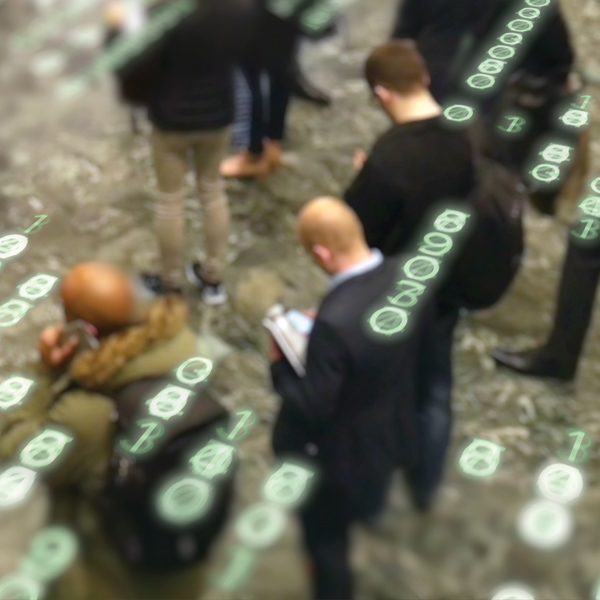-
Grants
5
-
Total Awarded
$2,400,000
-
Years
2007 - 2020
-
Categories
Grants
The University of Washington’s Tech Policy Lab’s (the Lab) mission is to position policymakers, broadly defined, to make wiser and more inclusive tech policy. It assembles deeply interdisciplinary teams to produce cutting-edge, impartial research that is both intellectually rigorous and widely accessible. The Lab takes specific, deliberate steps to introduce diverse perspectives into its work. Moreover, the Lab seeks to be responsive to immediate critical issues as they unfold in society as well as to anticipate deep and larger patterns with an eye toward sustained, long-term change. The Lab’s core programming includes: conducting and publishing academic research; producing whitepapers; conducting proof-of-concept technical work that surfaces policy issues; creating toolkits for tech policy analysis; holding workshops and public lectures; and, training policymakers, technologists, academics, advocacy groups, activists, and artists in in new methods and approaches. The award provides general operating support to the Lab.
The Tech Policy Lab is an interdisciplinary collaboration at the University of Washington that aims to enhance technology policy through research, education, and thought leadership. The Lab’s core programming includes academic research, white papers, government and academic workshops, technical assistance, curricular modules, and public lectures. The award will provide core support to the Lab as it deepens research that aims to help advance artificial intelligence in the public interest.
The University of Washington’s eScience Institute works to advance the tools and techniques of data science and their application to a broad range of fields. This grant supports eScience’s effort to develop a network of collaborations among researchers, industry partners, and Seattle area city and state policymakers: a Seattle Metro Consortium for Urban Data Science. This interdisciplinary applied research collaboration aims to identify new ways to apply data and information technologies to solve urban problems.
To research how digital media use affects young people's civic engagement.
To support research on the effect of digital media use on young people's civic engagement.






